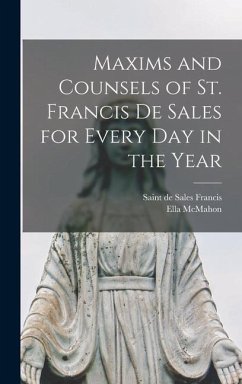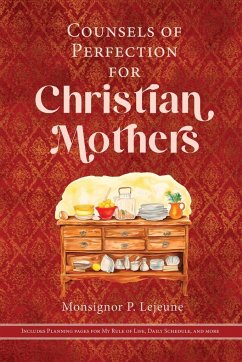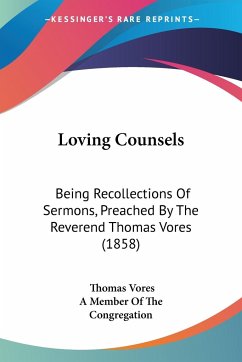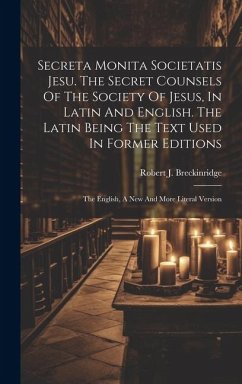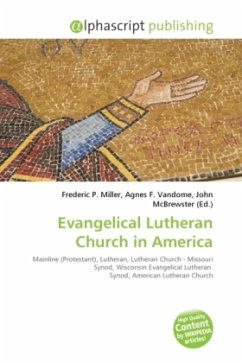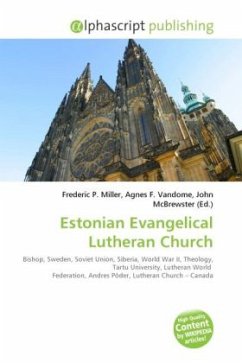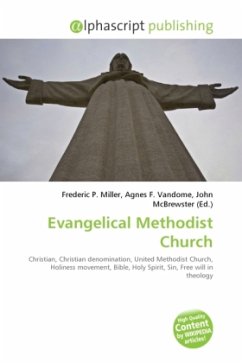
Evangelical Counsels
Versandkostenfrei!
Versandfertig in 6-10 Tagen
45,99 €
inkl. MwSt.

PAYBACK Punkte
23 °P sammeln!
The three evangelical counsels or counsels of perfection in Christianity are chastity, poverty (or perfect charity), and obedience (see e.g. The Code of Canon Law, canons 599 601). As Jesus of Nazareth expressly stated (cf. Matthew 19:10 12; Matthew 19:16 22 = Mark 10:17 22 = Luke 18:18 23, see also Mark 10), they are counsels for those who desire to become "perfect" ( cf. Matthew 19:21, see also Strong's G5046 and Imitatio dei). This means that they are not binding upon all, hence not necessary conditions without which heaven (eternal life) cannot be attained. Rather they are "acts of superer...
The three evangelical counsels or counsels of perfection in Christianity are chastity, poverty (or perfect charity), and obedience (see e.g. The Code of Canon Law, canons 599 601). As Jesus of Nazareth expressly stated (cf. Matthew 19:10 12; Matthew 19:16 22 = Mark 10:17 22 = Luke 18:18 23, see also Mark 10), they are counsels for those who desire to become "perfect" ( cf. Matthew 19:21, see also Strong's G5046 and Imitatio dei). This means that they are not binding upon all, hence not necessary conditions without which heaven (eternal life) cannot be attained. Rather they are "acts of supererogation" that exceed the minimum stipulated in the Commandments in the Bible. Christians that have made a public profession to order their life by the evangelical counsels, and confirmed this by a public religious vow before their competent church authority (the act of religious commitment called "profession"), are recognised as members of the consecrated life.




